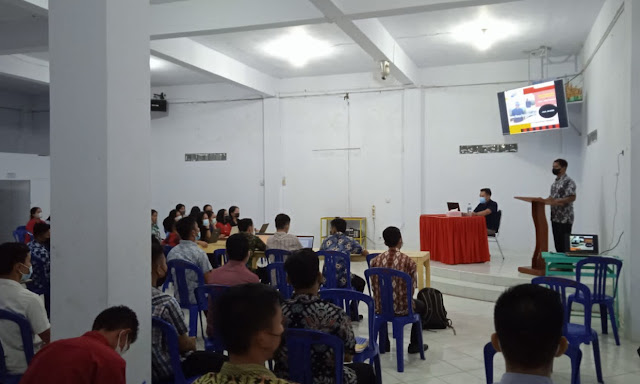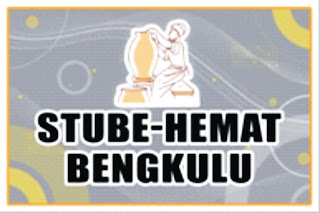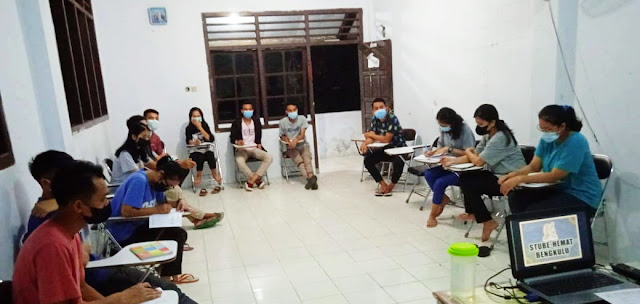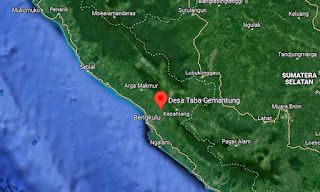In recent years, the situation of villages have gradually developed. “Village is finally sovereign!” It is the people’s response after the legalization of Law No. 6 of 2014. Meanwhile, the Ministry of Villages, Development of Disadvantange Regions and Transmigration (Kemendes PDTT) issued Village Regulation (PDTT) No. 13 of 2020 focusing on SDGs-based village. It regulates the priority of the usage of village funds in 2021 which also focuses on the efforts to achieve the SDGs. PDTT Number 13 of 2020 is motivated by thoughts related to the national development model based on Presidential Regulation Number 59 of 2017 related to the implementation of achieving sustainable national development goals.
Talking about national development, it cannot be separated from the role of youth in village development. Talking about youth, we are talking about the future and all thoughts that lead to the future. The first role of youth is to deepen their knowledge and return to the village to serve the community. Therefore, Stube HEMAT Bengkulu Multiplication discussed the topic "Sustainable Villages" on Sunday (17/10/2021) with a 33-year-old young village head as facilitator with five cross-university students, the University of North Sumatra, the University of Lampung, and the Sepuluh November Institute of Technology.
Charly Purba is the village head in Purba Manalu village, Doloksanggul, Humbang Hasundutan, Sumatra. He has served for 2 years after being inaugurated in 2019. Charly believes that to achieve sustainable village goals, synergy is needed from all village elements including the village government, the Village Supervisory Board, and the village community itself. “The active role of village elements is needed to achieve the collective goals of the village community to achieve village sustainability in the future. Village sustainability is not only about the future, but also preparations for the day to come," said Charly. One of the steps towards a sustainable village is to observe and develop the potencies of the village itself. "The potency of the village becomes a strength of the village itself, for example, the potency of the PKK group in the Purba Manalu village which is currently developing cassava tubers into various processed foods which can later be mass-produced and become superior products and increase the income of housewives," he explained. Nevertheless, challenges and problems often come towards sustainable villages, including the use of village funds which are still dominant in physical development/infrastructure in the village, and less for the role of youth in village development. “The use of village funds is still dominant for physical development, village roads that connect land or rice fields from farmers, there is still limited for human resource development through training and workshops. The budget will be refocused after the Covid pandemic hit Indonesia.” "In addition, youth movement is still less active because the forum in which accommodates youth to gather in the village, namely Karang Taruna is temporarily inactive due to Covid-19, plus many youths are leaving and not many stay in the village. Moreover, the voices of village youths are not widely heard because of the dominance of the senior’s voice," he added.
Samuel Pardede, a student at the University of North Sumatra expresses the existence and involvement of youth affect to the sustainability of a village's development. “One of the main problems is the limited space given to young people both in terms of sounding their aspirations and space for exploration. Especially, Indonesia will have the demographic bonus in 2045, where the productive age will dominate over the non-productive age. Therefore, from now on young people must fight for opportunity, they must find space to speak up so they can move and be empowered to build a better village,” said Samuel. Samuel hoped that this discussion makes youth be aware and find solutions together, moreover, this discussion is delivered by a person who has concern for youth, especially in his village. ***



























































































